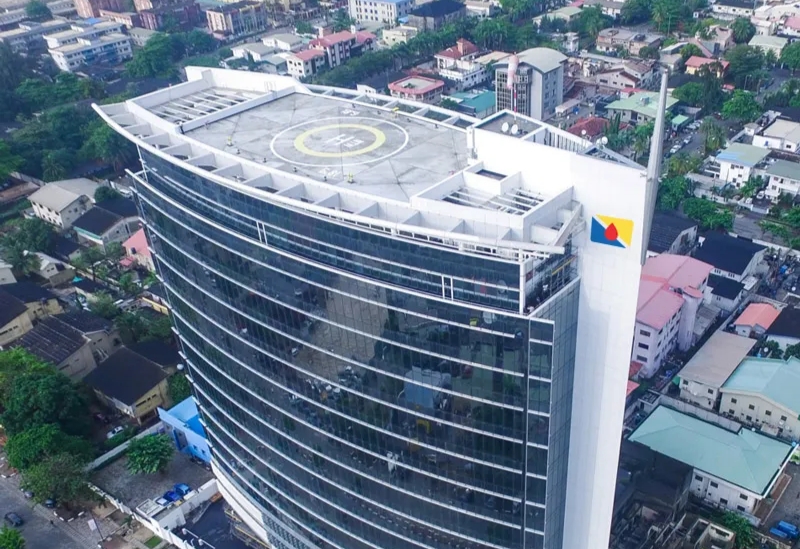Onuminya Innocent in Sokoto
The Academic Staff Union of Universities (ASUU), Sokoto zone, has warned the federal government to act now or risk renewed crisis in Nigeria’s public universities.
Representing a coalition of nine institutions, Usmanu Danfodiyo University Sokoto (UDUS), Umaru Musa Yar’Adua University (UMYU), Abdullahi Fodiyo University of Science and Technology Aliero (AFUSTA), Sokoto State University (SSU), Federal University Dutsin‑Ma (FUDMA), Federal University Birnin Kebbi (FUBK), Federal University Gusau (FUG), Shehu Shagari University of Education Sokoto (SSUES), and Federal University of Agriculture Zuru (FUAZ), the Zonal Coordinator of ASUU, Prof. Abubakar Sabo, opened the session with the headline slogan in a press conference in Sokoto yesterday, urging the government to act fast to avoid industrial disharmony.
Prof. Sabo explained that the ASUU National Executive Council (NEC) had met at Taraba State University, Jalingo, on November 8 and 9, 2025, where it was briefed on the latest offers from the federal government’s negotiating team.
The NEC expressed “serious concern” over the government’s inconsistent approach, warning that such behaviour could have “grave consequences.”
He recalled that at an emergency NEC meeting on October 21, 2025, the union resolved that although the government’s offers were “grossly inadequate,” the strike had partly achieved its objectives. Consequently, NEC suspended the warning strike as a reciprocal gesture, granting a one‑month window for renegotiation on the understanding that the government would act in good faith. “We expect this opportunity to be used to secure a swift and comprehensive resolution,” Prof. Sabo said.
The zonal coordinator outlined three core demands. Firstly, the government must prioritise education, increasing budgetary allocation and protecting the Tertiary Education Trust Fund (TETFund), which finances about 90 percent of university infrastructure.
Secondly, it must respect existing agreements, including settling promotion arrears dating back to 2017, releasing long‑overdue third‑party deductions,, and honouring the one‑month ultimatum. Third, authorities should avert a crisis by halting the creation of new state universities without full funding and by financing the Nigerian Education Loan Fund (NELFUND) from sources other than TETFund.
Prof. Sabo then highlighted institution‑specific problems. Shehu Shagari University of Education, Sokoto (SSUES) has operated without a legally constituted governing council, leading to undue interference.
Sokoto State University (SSU) has continued to contend with unpaid third‑party and union deductions and outstanding promotion and Earned Academic Allowance (EAA) arrears. Abdullahi Fodiyo University of Science and Technology, Aliero (AFUSTA),, Kebbi State suffers from non‑implementation and non‑payment of promotion and EAA arrears and other governance issues. Umaru Musa Yar’Adua University (UMYU),, Katsina State, faces non‑payment of salaries at the approved scale and an attempted external hijack of its portal, contrary to university law. Federal University Gusau (FUG), Zamfara State, and Federal University Birnin‑Kebbi, Kebbi State, have been operating without enabling laws since their establishment in 2013. The Federal University of Agriculture, Zuru (FUAZ), Kebbi State, is the only university in Nigeria that was established and commenced operations without a take‑off grant.
Contrary to claims of fiscal constraint, Prof. Sabo noted that states received ₦3.92 trillion from the Federation Account Allocation Committee (FAAC) in 2022 and ₦5.81 trillion in 2024-an increase of over 62 percent. The federal government’s share rose from ₦3.42 trillion in 2022 to ₦4.65 trillion in 2024, an increase of over 70 percent. “These figures show that the obstacle to resolving the renegotiation is political will, not a lack of funds,” he asserted.
ASUU called on traditional rulers, community leaders, students, the Nigeria Labour Congress (NLC),, and civil‑society organisations to continue to urge the government to honour agreements, prioritise education,, and provide lecturers with a living wage.
The union pledged to remain committed to constructive engagement while warning that the remaining days of the one‑month window must be used judiciously to secure a holistic settlement that improves the living and working conditions of academics.
“The struggle continues!” Prof. Sabo said, urging the government to act in good faith, resolve outstanding issues promptly, and avert a renewed crisis in Nigeria’s public universities.
The deadline for a resolution is fast approaching, and stakeholders across the country await the government’s response.






